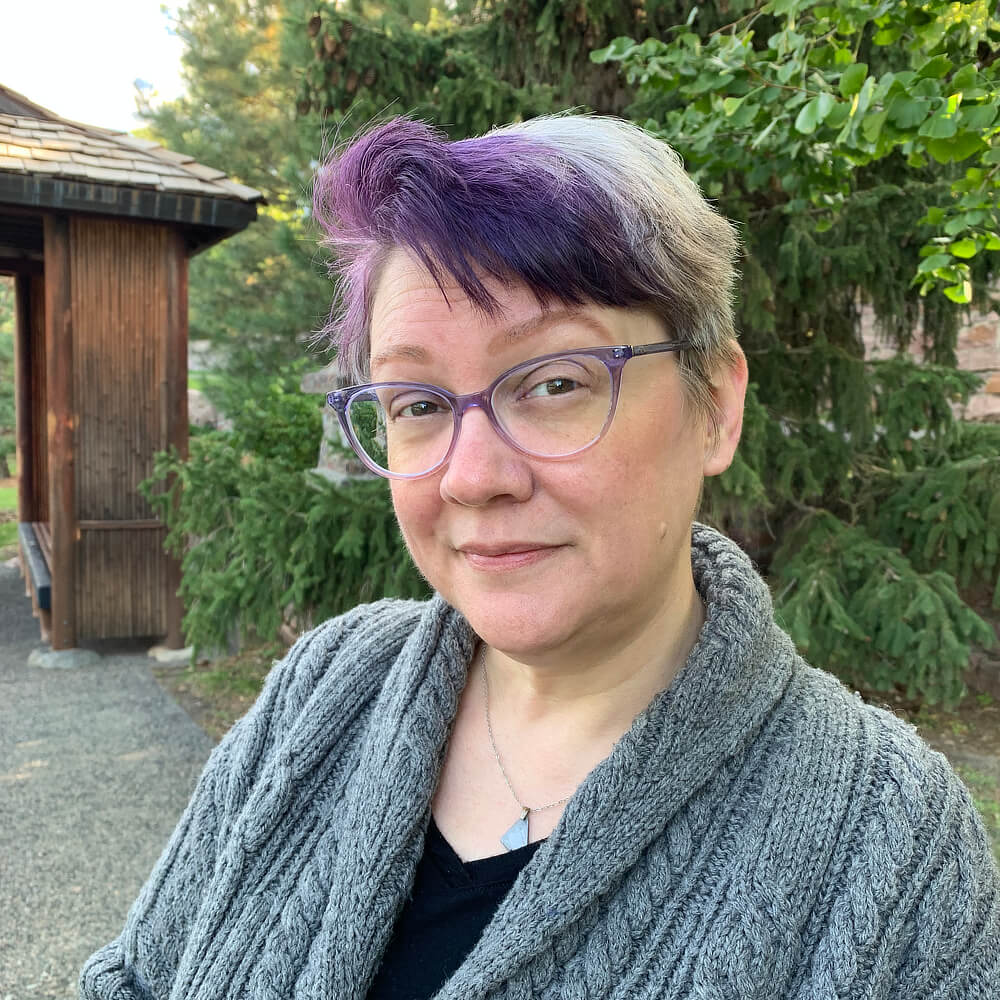A leader is judged most harshly by the least of his people. It is to them that he must show the greatest devotion. — Nicolau dolo Cando III
Nicolau dolo Cando III was the twentieth monarch of the
Kingdom of Litticala, who reigned from 225-260 GE. He is remembered for his part in quelling the
Sheeric Uprising, and his devotion to the common people of the Kingdom. He is often referred to as "The Commoner's King" or "The Peacemaker".
Early Life
Nicolau was born on 6 Flood Moon, 205 GE during the reign of his grandfather, King Nicolau dolo Cando II. His mother, Alazne dolo Cando, was then first in the line of succession for the Calan throne. His father, Lino dolo Mireu, was the son of a noble house in
Coromare. He was named for his grandfather, who in turn, was named for the tenth monarch of the
Kingdom of Litticala.
Called "Nico" by his family to avoid confusing him with his grandfather, the young prince was a serious child with an intense curiosity about the world beyond the walls of the
Palace District. The
Celestialist priests who served as Nicolau's tutors could not keep up with the his insatiable appetite for knowledge, and the prince could often be found searching the palace archives for reading material. When he was eleven, Nicolau slipped away from his tutors and caretakers to explore the streets of
Whitebridge and
Godswalk. His disappearance sparked panic in the palace about a potential kidnapping, and the King ordered an immediate search of the city for his grandson. Nicolau was found hours later, seated on the banks of the
River Cando in discussion with a group of
River Walkers. When asked by his mother what had possessed him to leave the safety of the Palace, Nicolau reminded her that someday he would be King, and asked:
How can I serve my subjects if I do not know them? How can I know them if I cannot walk among them? — Nicolau dolo Cando III, age 11
Recognizing her son's wisdom, Alazne granted him permission to make regular excursions into the city accompanied by the royal guard. Although this stripped Nicolau of the anonymity he had enjoyed in his initial visit to the city, it provided him with a multitude of opportunities to engage with every level of society, from dockworkers to noblemen. While the wealthier residents of Coromare were confused by the prince's insistence on visiting the poorest parts of the city, the common folk delighted in teaching Nicolau about their professions, families, and traditions.
The Sheeric Uprising
When Nicolau was thirteen, the
Sheer tribe rebelled in response to King Nicolau II's attempts to push them from their ancestral homelands in the western reaches of the
Kingdom of Litticala. Aided by other
Naleedites sympathetic to their cause, the Sheer began a campaign of resistance against the crown that quickly turned violent. While the fighting was largely contained to the border region, the Sheeric population in
Coromare was significant enough that Prince Nicolau's visits to the city were deemed too risky, and he was confined to the
Palace District once more.
Nicolau's grandfather encouraged a swift, harsh response to the Sheeric rebellion, having witnessed the devastation of the
Naleedic-Calan War and the
Siege of Coromare under
King Melchiorre fifty years prior. He was unsuccessful, however, and died before he could quell the uprising. Queen Alazne ascended the throne in 221 GE and Nicolau was disappointed to see his mother continue to oppress the Sheer in her efforts to end the rebellion.
Reign
Queen Alazne died of
Long Moon Fever in the rainy season of 224 GE, before Prince Nicolau had come of age. As he was unable to take the throne, the crown passed to his uncle Gaizka dolo Cando. King Gaizka would have one of the shortest reigns in the history of Litticala. He fell from his horse into the
River Cando and drowned mere days after Nicolau came of age in 225 GE, narrowly avoiding a crisis of succession. Wary of the potential for an escalation of violence in the absence of a ruler, Nicolau chose not to observe the traditional mourning period for Gaizka, and his coronation was held on 11 Flood Moon, 225 GE.
Though young, Nicolau quickly established himself as a very different monarch than the three who had preceded him. Recognizing the efforts of the subjects of
Dockside to police the streets of Coromare, he gave them his blessing to found the
City Watch, while he turned his attention more fully to the Sheeric Uprising. He insisted upon a more thoughtful approach to the Sheer tribe's demands. Rather than meet violence with violence, Nicolau invited members of the tribe to discuss their concerns with him. Initially, these appeals were met with hostility and a refusal to engage. Inspired by his childhood conversations with the common people of Coromare, however, Nicolau persisted. In 226 GE, against the advice of his counselors, Nicolau rode under a banner of peace to meet personally with Sheeric leaders in the west.
I cannot hear the cries of my subjects over all this clashing of swords. We accomplish nothing by trying to shout over one another. Let me hear the concerns of the Sheer with my own ears, and we shall seek a solution that pleases us both. — Nicolau dolo Cando III, on his departure from Coromare
After a year of debate, the Sheeric Uprising officially ended with the signing of the Treaty of Chirossi on 35 Seed Moon, 227 GE. In an unprecedented move, Nicolau agreed to marry a Sheer tribeswoman under the terms of the treaty, marking the first royal marriage to someone not born to a
Calan noble family. Nicolau wed Fayruz Zar-Sheer on 19 Young Moon, 227 GE, and spent the next twenty years dividing his time between Coromare and the Sheeric lands in western Litticala. He resumed his childhood custom of walking among his subjects, and became fluent in
Kelam to better interact with members of the Sheer tribe.
Legacy
Do not take this hard-earned peace for granted, Najma. You must nurture and protect it as you would a child. Guard it from those who would do it harm. Teach it to care for itself and those around it. Love and care for this peace as I have for you, and your reign will be prosperous. — Nicolo dolo Cando III, in his final letter to his daughter
Upon Nicolau's death in 260 GE, the Kingdom he left behind was vastly changed from the one he had inherited. His approach to mending relations with the Sheer tribe, as well as his dedication to understanding and serving all of his subjects had won over even his harshest critics. Sheeric culture flourished in Litticala, and tensions with the
Naleedite Confederacy lessened for the first time since the end of the Naleedic-Calan War. A thriving community of Kelam speakers and
Temporalists took up residence in Coromare. With Nicolau's eldest daughter, Najma Zar-Sheer dolo Cando, sitting on the throne as the first Sheeric monarch in the Kingdom's history, Litticala enjoyed years of peace and prosperity that had seemed impossible for nearly two generations.












Psst, this page seems broken. I only see a blank big panel :)
Creator of Araea, Megacorpolis, and many others.
Took me a while to figure out what I had done wrong! I forgot to take out an unpaired bit of BBCode. Should be fixed now!
Yep, I can see it now! :)
Creator of Araea, Megacorpolis, and many others.